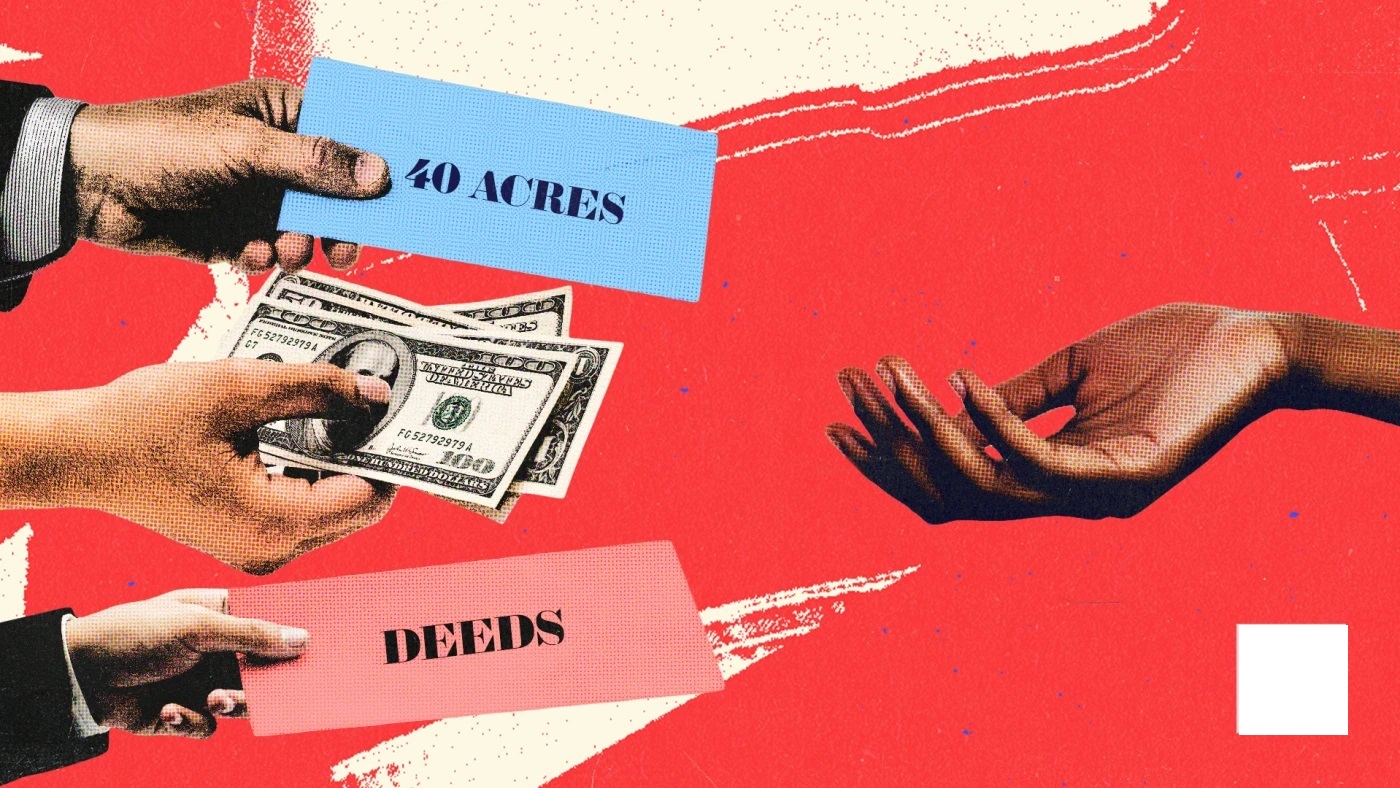By Orissa Arend
A few cities – Evanston, Ill, Ashville, NC, St. Louis, MO – are taking concrete steps toward reparations for African Americans. Slavery, Jim Crow, and the racism of their devastating aftermath have harmed African Americans. These steps vary from cash payments for housing and home repairs to apologies – that is, meaningful acknowledgment and sorrow for the harm – to funding community enrichment programs of various sorts.
New Orleans is about to join this cadre of cities. And of course, we’ll do it our way. Locally, Dr. V.P. Franklin represents two national organizations- N’COBRA (National Coalition of Blacks for Reparations in America) and NAARC (National African American Reparations Commission). They are assisting New Orleans in setting up a Reparations Task Force. The first step will be a Reparations Summit and Community Forum proposed for this fall. It would explore such questions as: What does “reparations” mean? Who should pay? How should they pay? How can restorative justice programs benefit from reparations campaigns?
Sponsors for the proposed meeting include- Justice and Beyond, REMILA (Re-Entry Mediation Institute of Louisiana), CRA (Center for Restorative Approaches), CMS (Community Mediation Services), and PISAB (People’s Institute for Survival and Beyond). If you or your organization would like to be involved, you can contact Dr. Franklin at vpf1019@aol.com.
A Good Place to Start
Dr. Franklin believes that restorative justice programs can be a good beginning here for reparations activism. And he thinks a task force could well agree. Dr. Kimberley Richards, executive director of PISAB, points out that you can’t restore justice without restoring humanity first. That’s what the Undoing Racism/Community Organizing workshop of PISAB does. Ron Chisom is co-founder and director emeritus. He adds that a reparations movement will never succeed led by one or two people. Leadership development and the principles of anti-racist organizing are key – as well as a clear understanding of the dehumanizing effects of internalized racial inferiority and superiority. For an in-depth study and experience of these, go to a two-day workshop. See www.pisab.org.
The restorative programs up and running in New Orleans are CMS, CRA, and REMILA. CMS can facilitate victim/offender and reparatory justice conferences. There any white person will acknowledge the harm done to Black people in the efforts to maintain white supremacy. They/he/she will agree to stay engaged. And they must actively listen as African Americans describe in personal terms that harm. Possibly afterward the people in the conference can come to some mutually agreed upon terms of repair or atonement.
Related: Reparations in New Orleans Pt 1
The Center for Restorative Approaches has initiated a pre-charge diversion program through the District Attorney’s Office Juvenile Division. It redirects cases that would otherwise result in criminal charges into a community-based resolution progress. Troi Bechet, CRA’s executive director, declared, “Restorative Justice is focused on attending to the needs of those harmed, holding offenders accountable, and strengthening the community through prevention, intervention, and reparation.”
In explaining how this accountability heals, she noted, “Restorative Justice views crime as more than a breach of law. Crime causes harm to people, to relationships, and to the community. Therefore, a just response must address these harms as well as the wrongdoing. With restorative justice, accountability is defined as accepting responsibility, answering to those you have harmed, and taking action to repair the harm.” This is active accountability, Bechet says, whereas punishment is passive accountability. A restorative process can meet some of the needs of crime survivors and be healing for them. Since the survivors themselves determine what they think healing and justice look like, they have less fear and less stress than when they go to court.
Related: Reparations How to Do It
REMILA is a non-profit organization founded by formerly incarcerated people and their family members. REMILA offers free, professional, confidential, non-judgmental and voluntary mediation services inside of prisons. Professionally trained mediators with first-hand knowledge of the prison system facilitate these sessions. The sessions occur between incarcerated people and their loved ones. They happen 6-12 months before a person is scheduled to come home. The incarcerated participant can choose to mediate with almost anyone. Mediation can include parents, children, siblings, spouses, pastors, former neighbors, and former employers. During the mediation, participants can make a reentry plan- about housing, employment, addiction recovery, parenting, or anything else that is important to them. Alison McCrary is REMILA founder and mediator. She notes that “REMILA reunites families, uses a mediation process based on self-determination, facilitates a restorative justice process, and reduces recidivism rates.” More information can be found at www.reentrymediation.org.
This is just a beginning summary of ideas and resources available. The proposed summit and reparations task force will no doubt identify many others. Now is the time. We explore collective accountability and racial healing.

